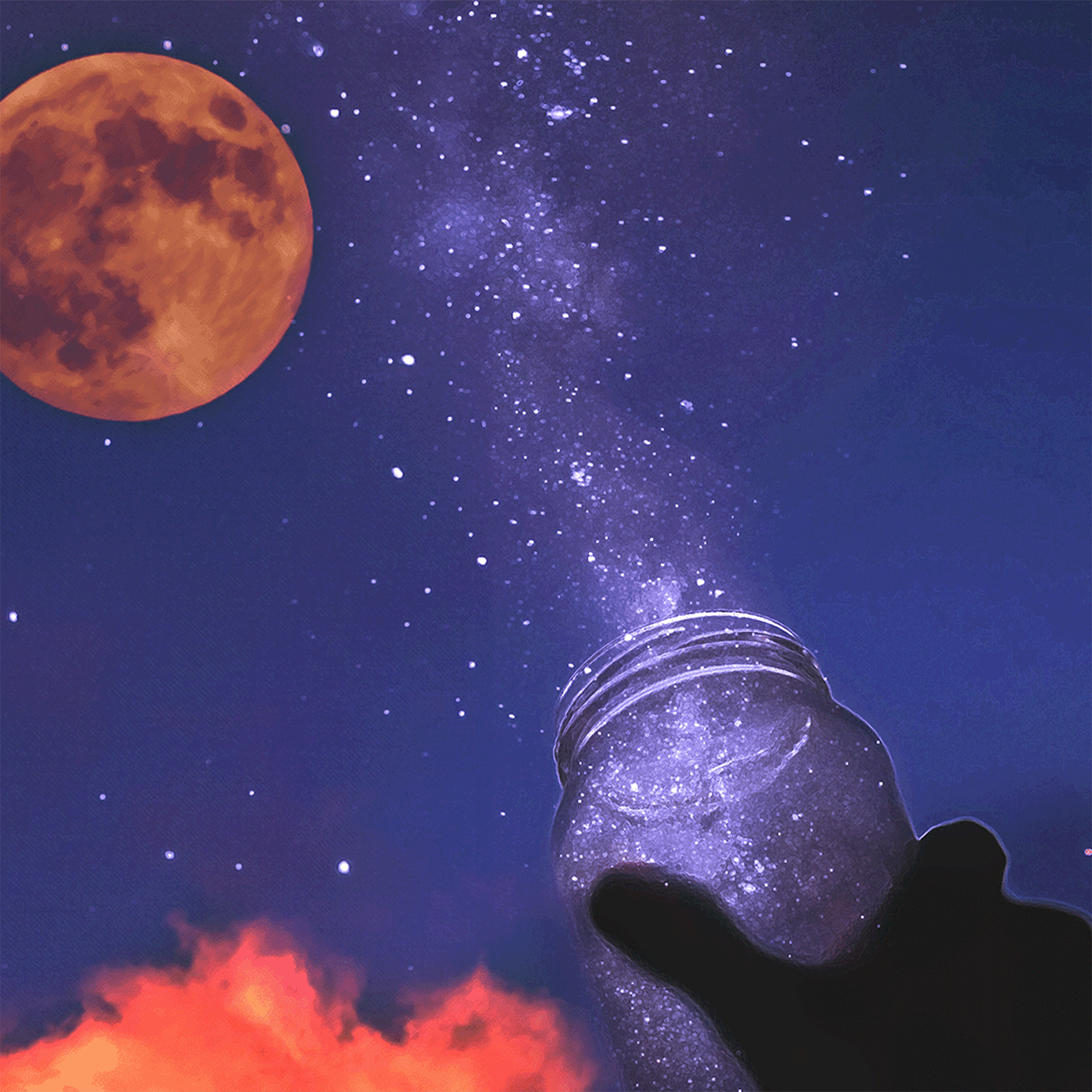
Deep Dive
Why is there a silent epidemic of REM sleep deprivation and what are its consequences?
There is a silent epidemic of REM sleep deprivation because most insomnia occurs in the last part of the night, when we do most of our dreaming. This deprivation can lead to cardiovascular problems, memory issues, and mood disorders. Dreaming down-regulates negative emotions and acts as a natural antidepressant, so dream loss can exacerbate depression and anxiety.
How can regularity in sleep schedules improve dream quality?
Regularity in sleep schedules is more important than the total number of hours slept for improving dream quality. Consistent sleep patterns help regulate the body's internal clock, enhancing the quality of REM sleep and, consequently, the vividness and recall of dreams.
Why does dream sharing in groups increase empathy?
Dream sharing in groups increases empathy because it creates a sense of deep intimacy and connection without the usual world identities. When people share their dreams, they become more permeable and can relate to each other's experiences, leading to greater empathy and understanding.
What role do dreams play in religious and spiritual traditions?
Dreams are seen as a means of communicating with the sacred or divine in many religious and spiritual traditions. They are often considered a window into a deeper layer of reality and have played pivotal roles in the lives of religious leaders and prophets, providing guidance and insight.
How do big dreams differ from ordinary dreams and what is their significance?
Big dreams are rare and have a powerful physiological impact on the dreamer, often involving intense emotions and vivid imagery. They are significant because they can provide deep, lasting insights and are often associated with spiritual or transformative experiences.
Why are dreams considered a bad conversational topic by some people?
Dreams are often considered a bad conversational topic because they lack a structured narrative and can be boringly episodic. They are also deeply personal and can reveal intimate details about the dreamer, which some people find uncomfortable to share.
How can embracing the night self enhance creativity and well-being?
Embracing the night self can enhance creativity and well-being by providing a different perspective and environment. Activities like drawing, writing, or stargazing during the night can help dial down the inner critic and allow for more free and creative thinking. The night self is a time when the brain works differently, making unique connections and dipping into memories in ways that don't happen during the day.
What are the benefits of sleeping under the stars?
Sleeping under the stars can be a magical and calming experience. It helps you fall asleep quickly, feel a connection to nature and history, and provides a sense of reassurance and comfort by looking at the same sky that has been seen for millennia.
How does light pollution affect our relationship with the night sky?
Light pollution significantly affects our relationship with the night sky by making it difficult to see stars and the moon, especially in cities. This loss of natural darkness can impact our creativity, spiritual connection, and overall well-being, as darkness has historically been a source of inspiration and reflection.
Shownotes Transcript
What’s the last dream you remember having? Some of us dream every night. But we’re in too much of a hurry to remember our dreams or think about them the next day. Others of us are dream-deprived. What if we embrace our dreams — and our night selves — as a way to understand ourselves better, to connect to each other, even to lead a better life?
Original Air Date: February 24, 2024
**Interviews In This Hour: **The perils of a 'wake-centric' world) — The lives we live inside our dreams) — A dreaming mind, illustrated) — Embracing your night self)
**Guests: **Rubin Naiman), Kelly Bulkeley), Roz Chast), Annabel Abbs-Streets)
Never want to miss an episode? Subscribe to the podcast.)*Want to hear more from us, including extended interviews and favorites from the archive? *Subscribe to our newsletter.)